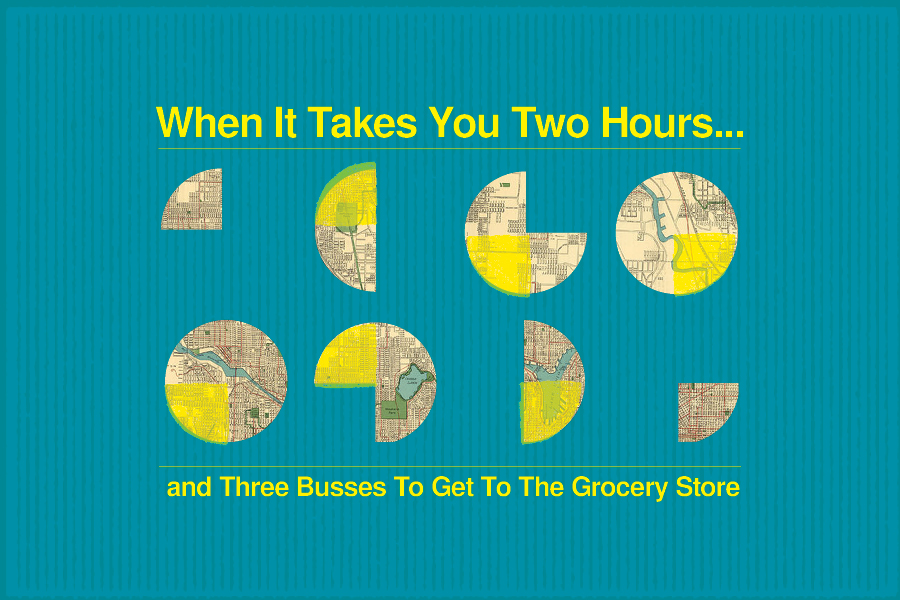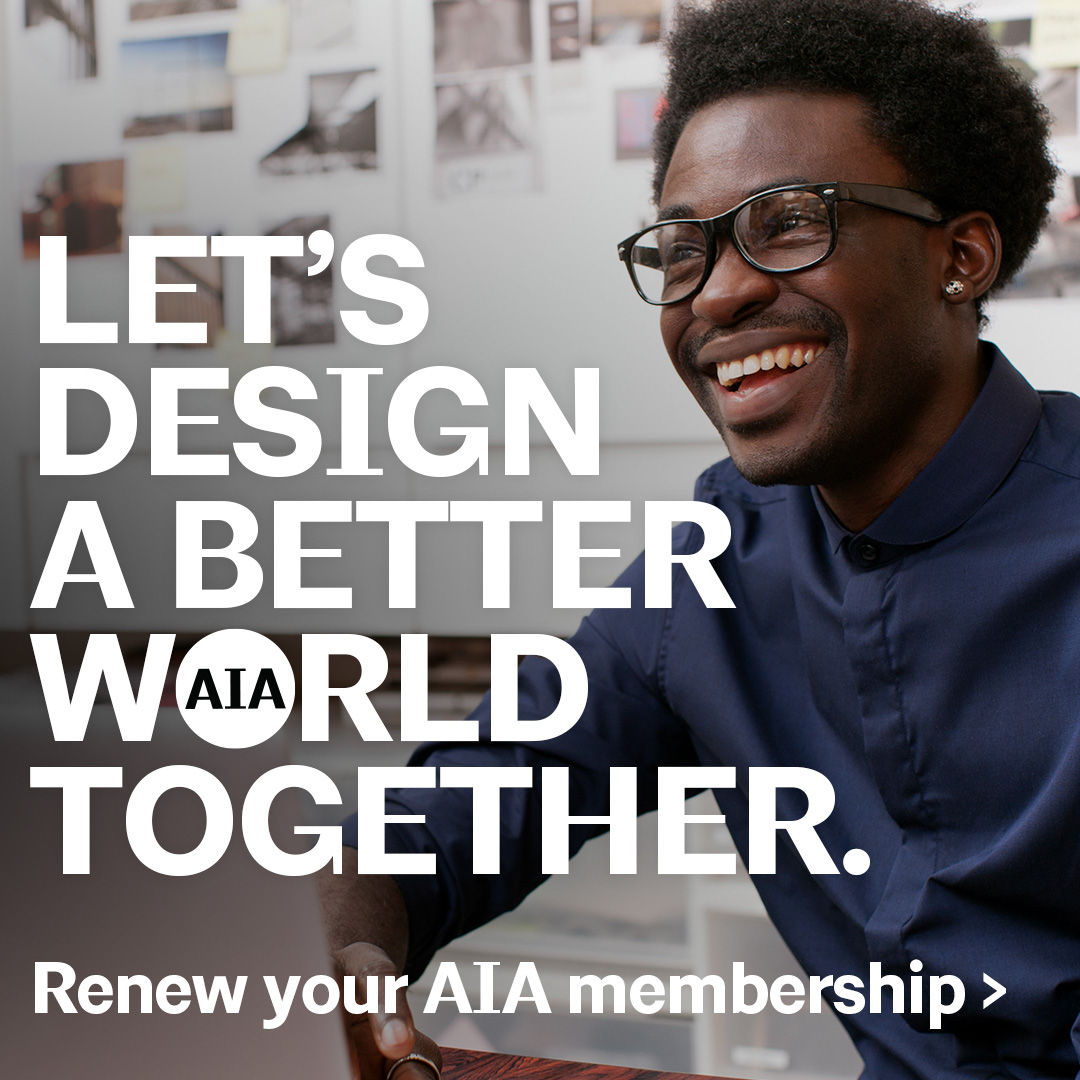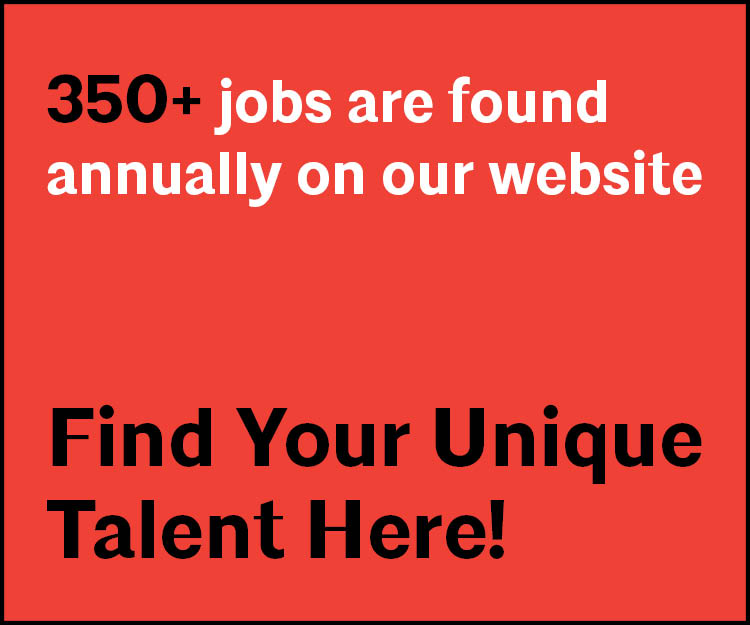
When It Takes You Two Hours And Three Buses To Get To The Grocery Store

How can we create a transportation system that encourages people with the privilege to drive to choose to do it less? Start with those who can't drive. A presentation by Disability Rights Washington.
It’s a privilege to be able to walk quickly or hop on a bike or a shared scooter. What may be an easy jaunt to an able-bodied, 20-something single dude can feel very different if you have a mobility disability, or if you’re blind, or if you have a kid or a grocery cart.
It’s easy for privileged folks to support this vision of urbanism without addressing the profound disparities of race and wealth and disability that make a 15-minute city utterly inaccessible to so many.
Focusing on this 15-minute window of “easy time” puts us into the mindset of prioritizing efficiency, which fits conveniently into a framework that values speed over access. It’s the trap that has gotten us to raise speed limits and refuse to install traffic signals to ease pedestrian crossings.
How can we create a transportation system that allows people with the privilege to choose to drive to do it less? We believe we start with making the investments in accessibility that people who already can’t drive identify as priorities. Anna Zivarts and Micah Lusignan from the Disability Mobility Initiative will talk about their own experiences as low-vision/blind advocates and discuss their interviews and organizing work with the #MobilizeWA storymap project.
This event is part of AIA Seattle’s 15-Minute Seattle: Creating Livable Places for All series.
When It Takes You Two Hours And Three Buses To Get To The Grocery Store
Monday, June 14 | Noon – 1:00pm PT | Online
Presenters:
Anna Zivarts is a low-vision mom and director of the Disability Mobility Initiative at Disability Rights Washington, where she’s organizing people who can’t drive to demand funding for sidewalks and statewide reliable transit service. Anna sits on the Washington State Active Transportation Council, Autonomous Vehicle Work Group and the Transit Demand Management Executive Board.
Micah Lus: Have you ever waited at a sidewalk, checking both ways, to see if you can cross? Often in Seattle, this is the case for me as someone who is legally blind. As an educator with a visual impairment, transportation is huge! Many places I go require advanced planning. Where’s the bus, how many buses will I need, how much walking, do I even know that area? Just going from the University District where I currently live to Tyee High School in Sea-Tac, where I used to live, would take me almost two and a half hours with a combination of two buses, light rail, and walking a mile. All to get to work at 8 AM and then repeat when I’m off at 4:30 PM. Transportation isn’t a privilege, it’s a right. Eighty-five percent of the world does not own a personal vehicle. So why are we so car dependent in the United States? Why do we keep investing in depreciating assets such as cars instead of a sustainable infrastructure that is beneficial for all instead of a minority of the population? How many people actually can afford a new car without going into debt? I work with students and often ride the bus with them. I don’t want to be ashamed of not having a car and my students shouldn’t feel ashamed for not being able to afford one or have the abilities necessary to drive a car. I want to look past myself and see kids, teenagers, young adults, middle-aged adults, and our elders have a form of transportation that is respectful to everyone.
Questions?
Contact Kirsten Smith, Manager of Policy and Advocacy at AIA Seattle




